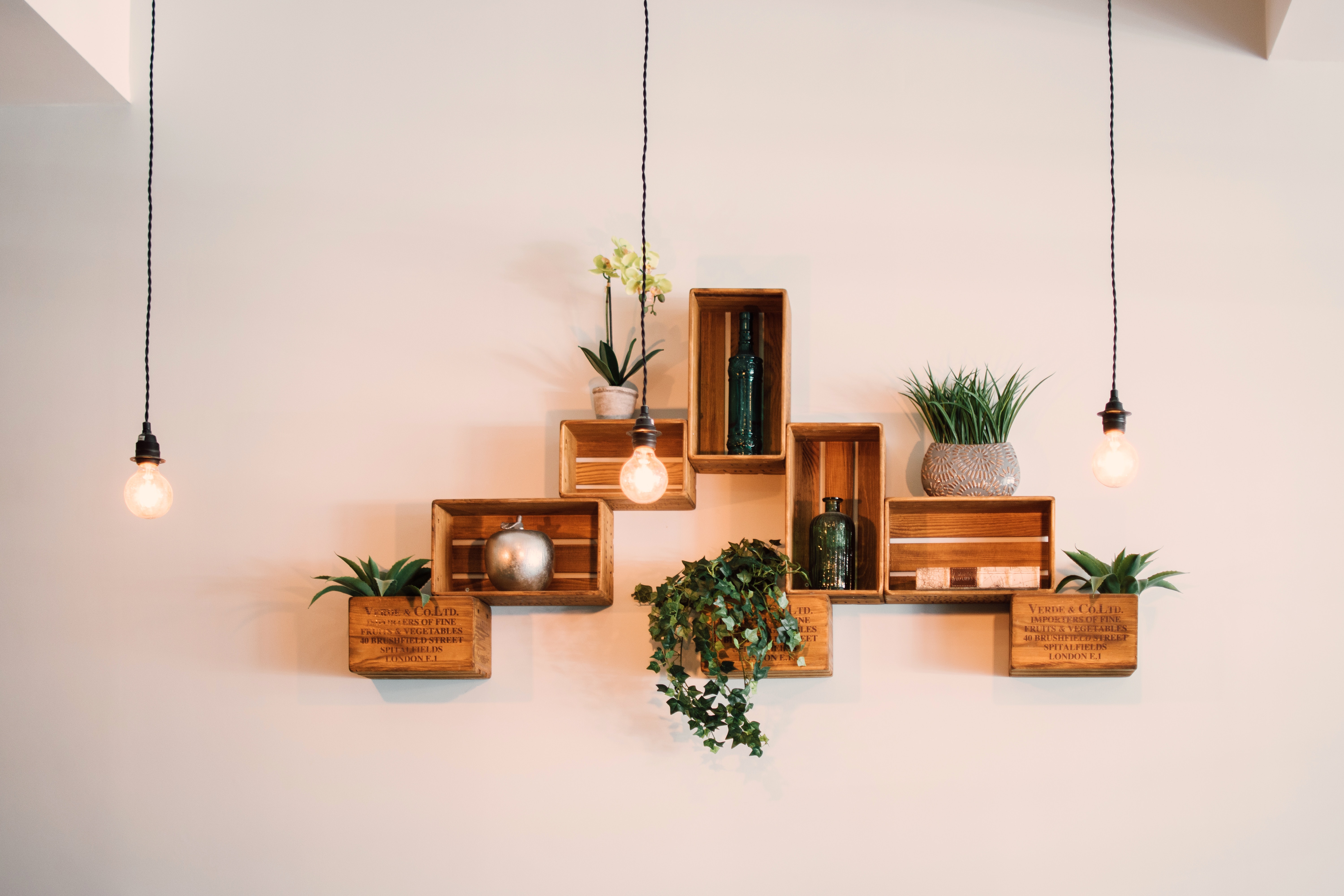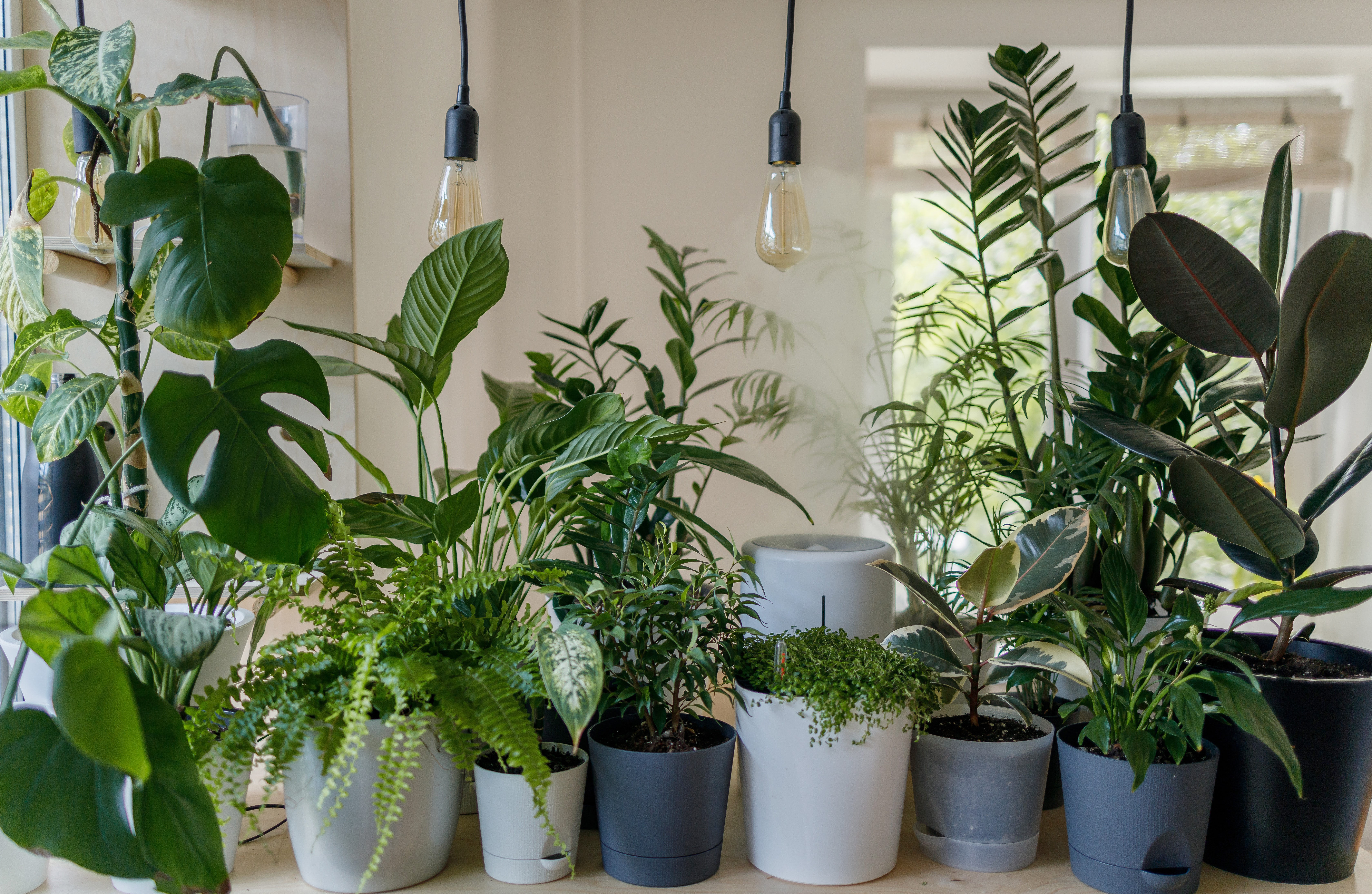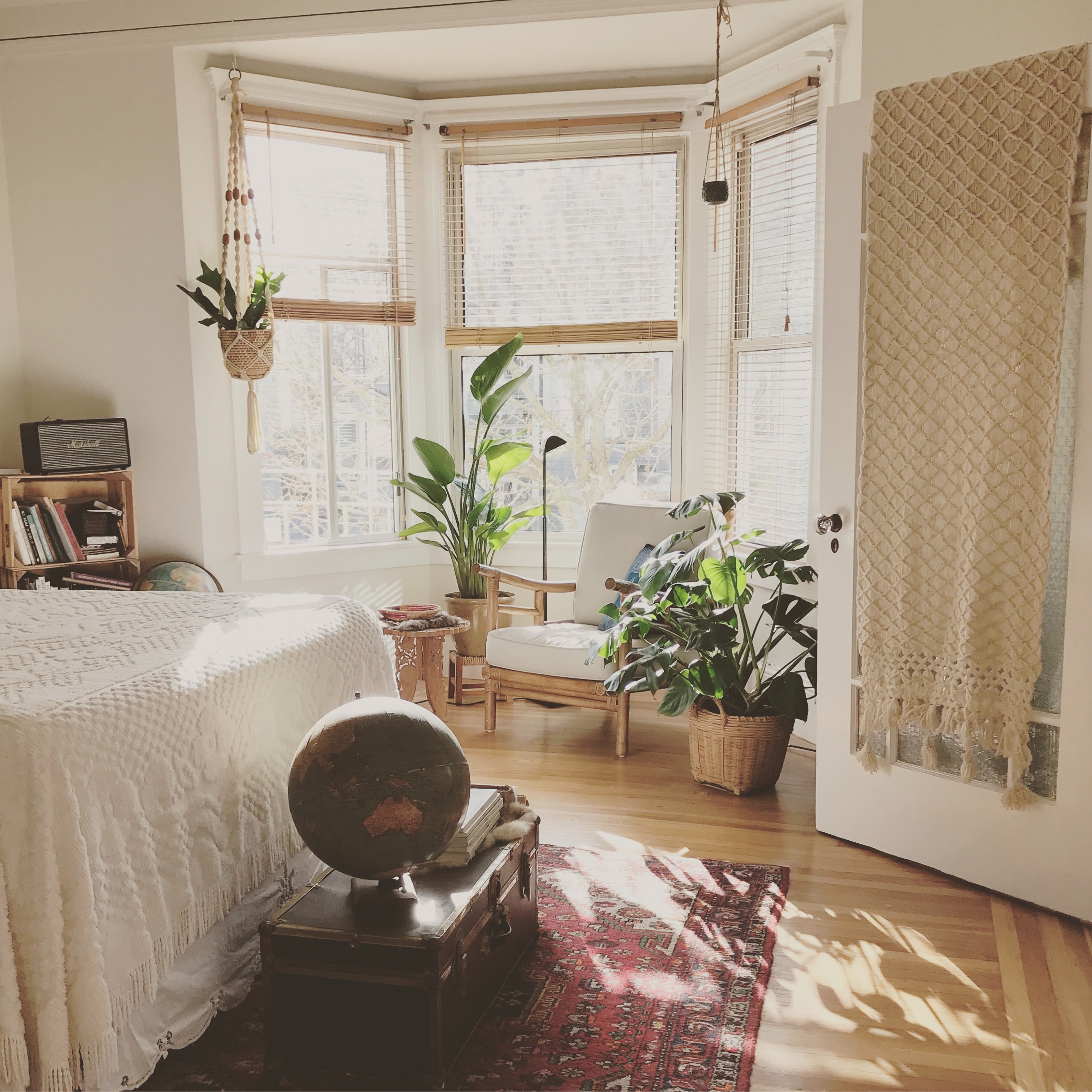Why is it important to have a green space at home?
Studies have shown indoor plants
Boost mood, productivity, concentration, and creativity. Reduce stress, fatigue, sore throats, and colds. Clean indoor air by absorbing toxins, increasing humidity, and producing oxygen. Add life to a sterile office, give privacy and reduce noise levels.
Even by just visual access (i.e., viewing natural scenes), green space exposure could reduce stress and restore the ability to pay attention and concentrate.
Now with everyone spending most of our time indoors having plants at home will increase the oxygen levels as well as relaxes our mood.


How it helps
Did you know that the air inside your home is worse than the air in the middle of a city? The levels of indoor air pollutants are often 2 to 5 times higher than outdoor levels, and in some cases, these levels can exceed 100 times that of outdoor levels of the same pollutants. This is because pollutants get in, but they find it extremely hard to get out.
Having a green area on your balcony or plants arranged inside your house can do wonders in purifying the air. They are also excellent if you have pets at home, it not only removes the pollutants your pets bring from outside but also helps in increasing their quality of life.
Plants can remove up to 87% of air toxins in a period of just one day.


Studies have shown that interaction with indoor plants reduces psychological and physiological stress and has soothing effects. It is also proved that people who live amongst greenery are happier than people who do not. Plants have a soothing effect as they give you a sense of being outdoor and not boxed in. Green is also soothing to the eye and helps keep the mind calm.
Nature walks and surrounding yourself with greenery can also improve productivity boost creativity, mood, and sense of vitality. It has been proven that having a plant near your workspace can increase your productivity by 15%. Plants give you a sense of calm and can help relax your brain and think better. Compared to those who walked through a well-trafficked urban area, participants in several studies who walked through a green space or a natural environment, such as an arboretum, were better able to focus and concentrate on a test of their working memory.


Plants absorb, diffract, and reflect sound. The balance varies with the frequency at which the sound is generated and the room’s physical properties. All parts of a plant are capable of absorbing sound with their dynamic surface area. The greater number of plants, the size of the plant, and its surface area will all affect its ability to absorb sound.
Other than making the space look pretty in your bedroom they can also benefit your quality of sleep. Creating a space where you can come and rest after a long day’s work is very necessary to relax your body and mind. Fragrant plants, such as jasmine, gardenia, and lavender give off a fragrance that has been shown to calm nerves and help people sleep. A valerian plant will look beautiful in your bedroom thanks to its small pink and white flowers. Aside from the sweet scent, valerian plants have been used for centuries to help with sleep problems including insomnia. Inhaling the scent of valerian root has been shown to induce sleep and improve the quality of sleep.


It is not unknown to us that taking a stroll in a park or just sitting in your garden can improve your mood and make you feel relaxed and elated Research shows that being among plants, flowers, and trees, in particular, can shift our moods from anxious to calm, and depressed to happy. According to a study published in the Journal of Physiological Anthropology, active interaction with indoor plants (like touching and smelling) can reduce physiological and psychological stress. The soil contains microbes dubbed “outdoorphins” (M. vaccae) which work as natural antidepressants. “It boosts your mood by releasing cytokines, which then leads your brain to produce more serotonin.